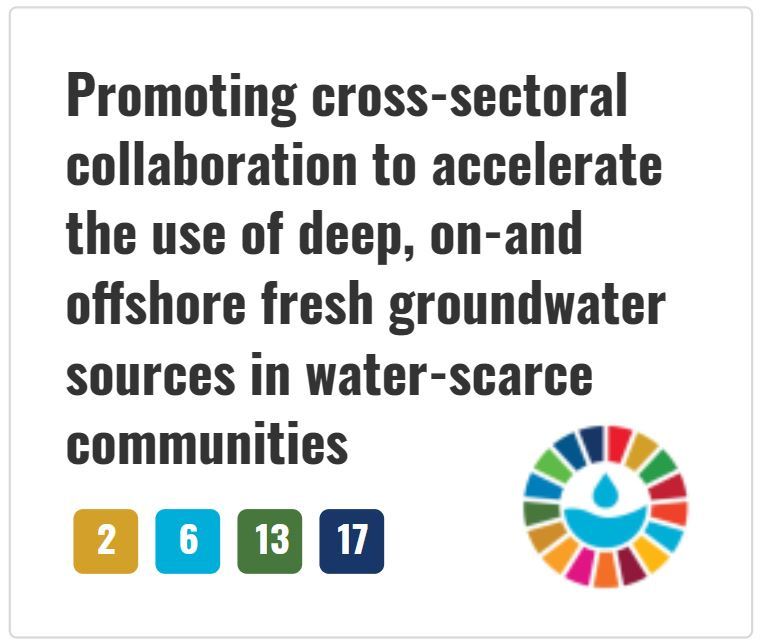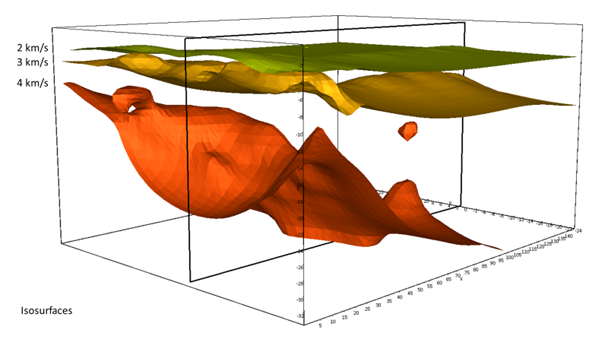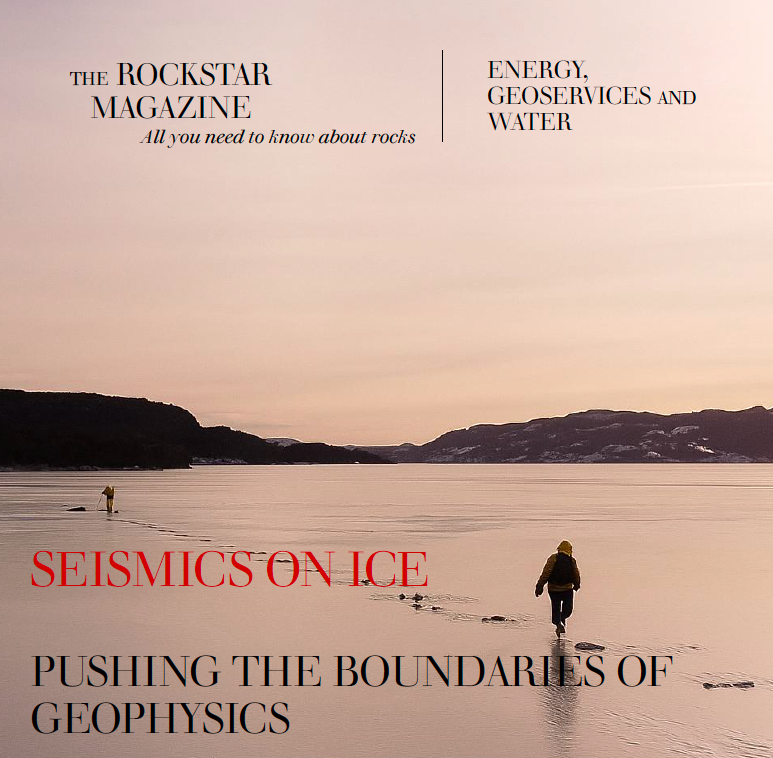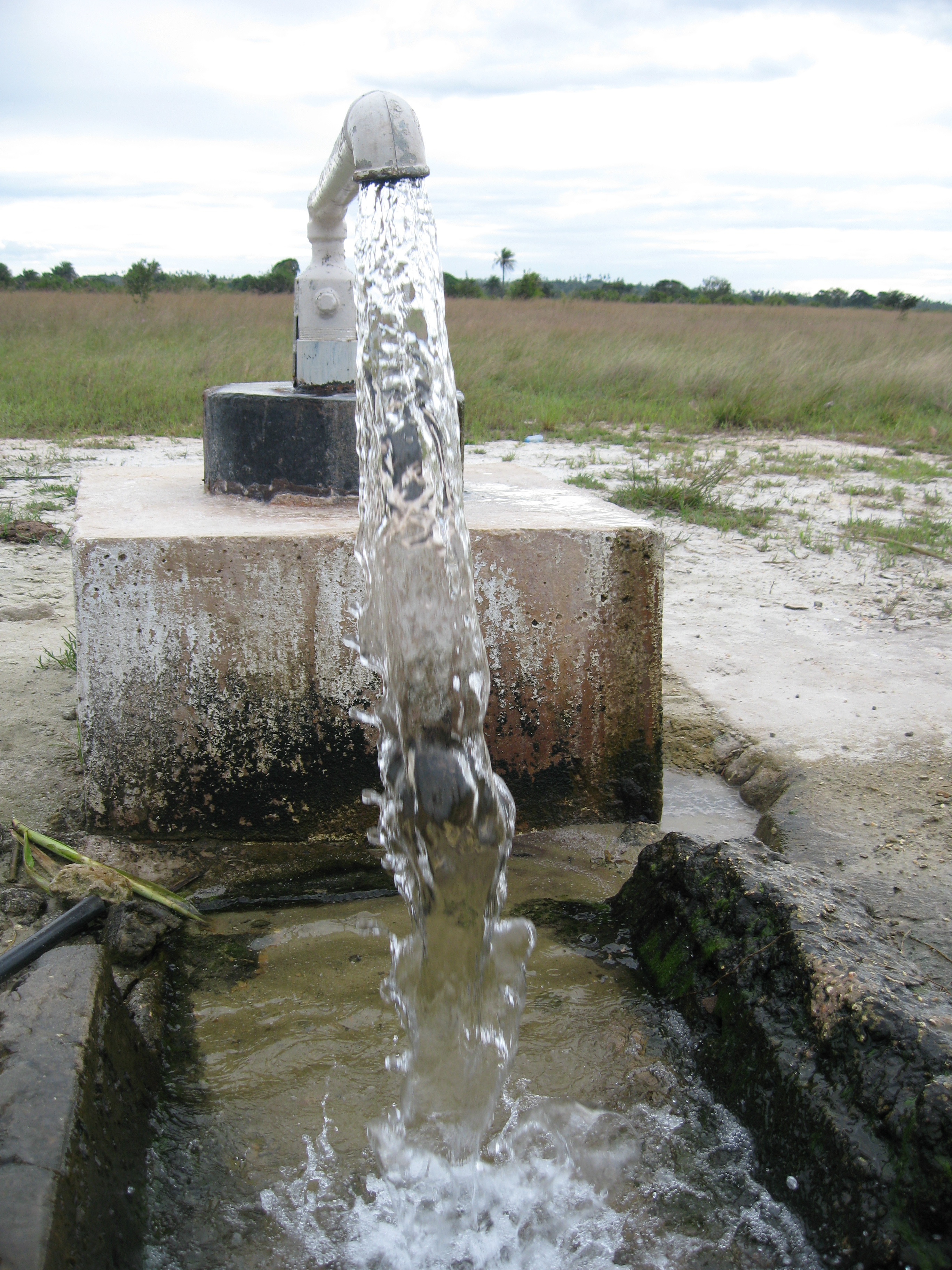The Water Action agenda is being filled with commitments, reflecting a shared vision for achieving Sustainable Development Goal 6, and Ruden Water is not sitting back!
We have identified over 400 Km3 of fresh groundwater in place in Somalia, of which around 15 Km3 can be yearly sustainably used for human consumption or agriculture, and we are committed to complete the mapping of the whole country by June 2023:
Promoting cross-sectoral collaboration to accelerate the use of deep, on-and offshore fresh groundwater sources in water-scarce communities | Department of Economic and Social Affairs
On a global scale, Ruden has committed to promoting cross-sectoral collaboration between the private sector (oil industry and water industry), academia and research:
Identifying additional groundwater resources in Somalia by using oil data | Department of Economic and Social Affairs



